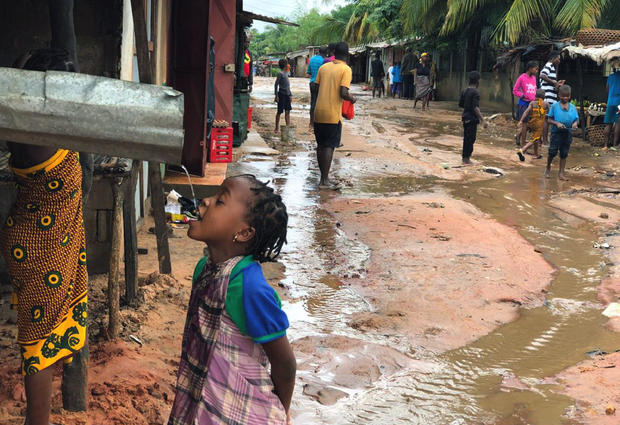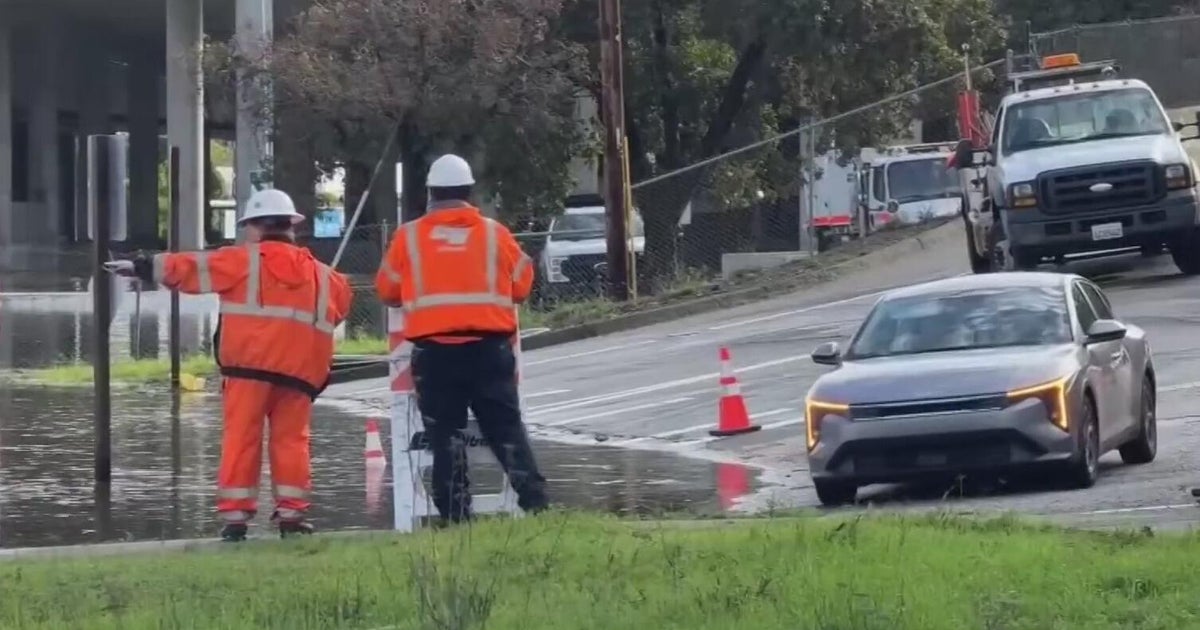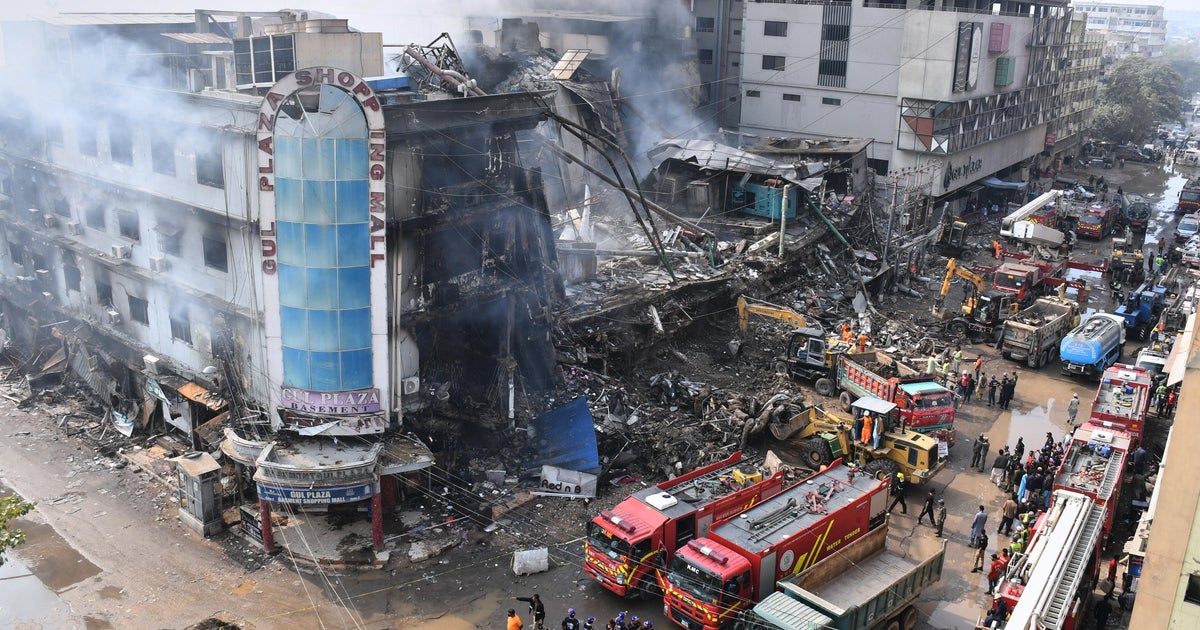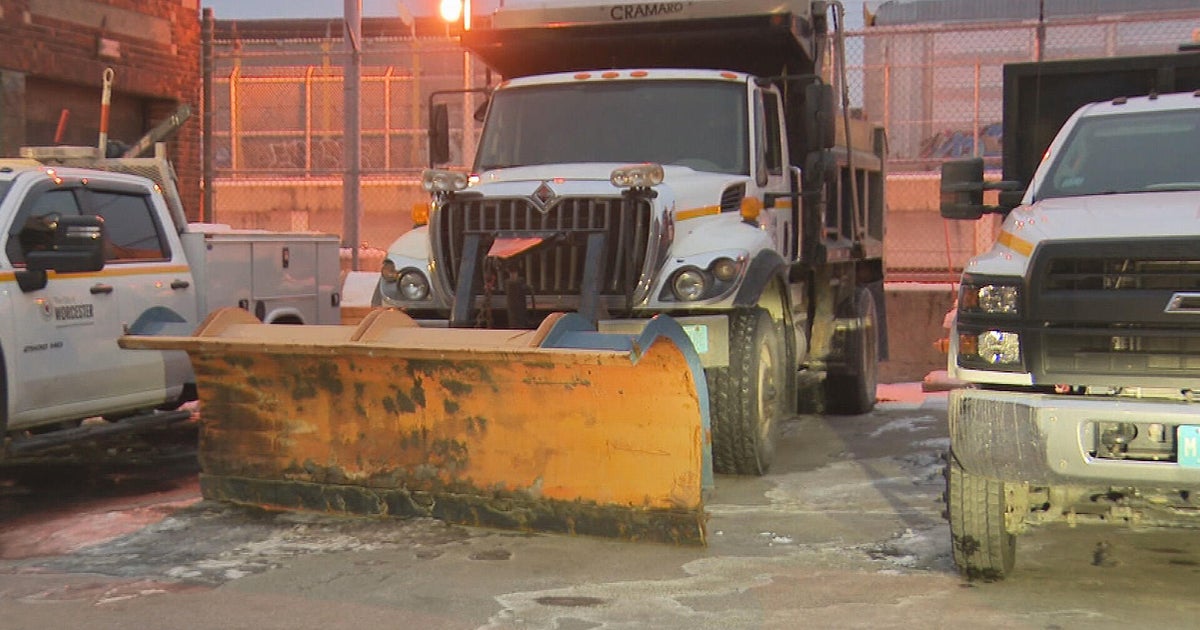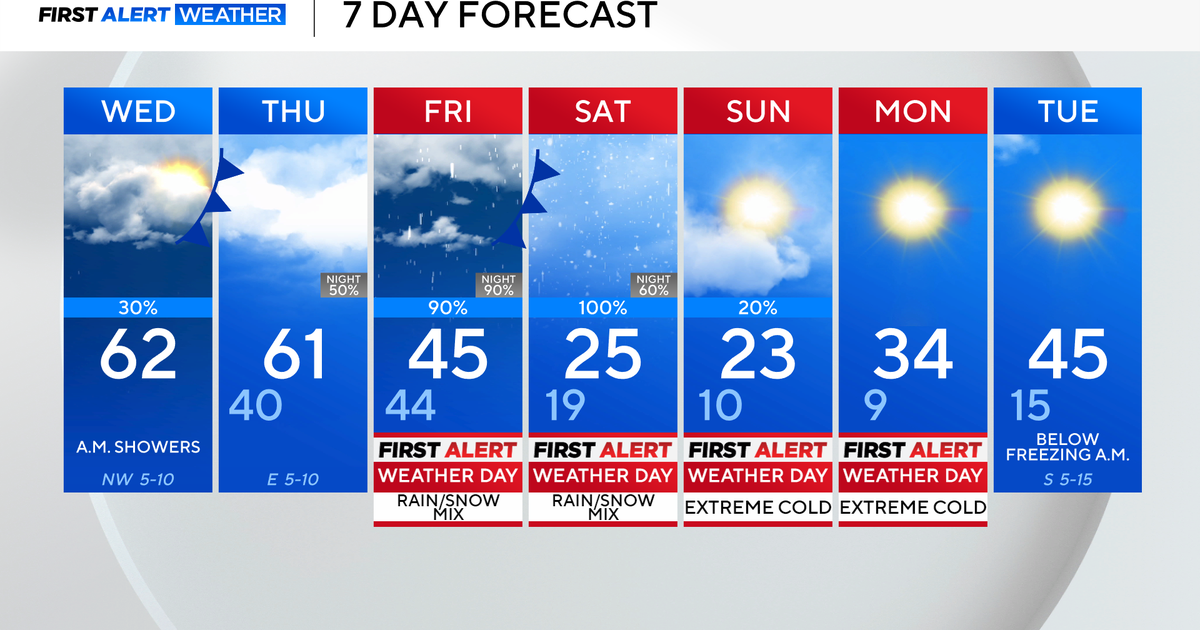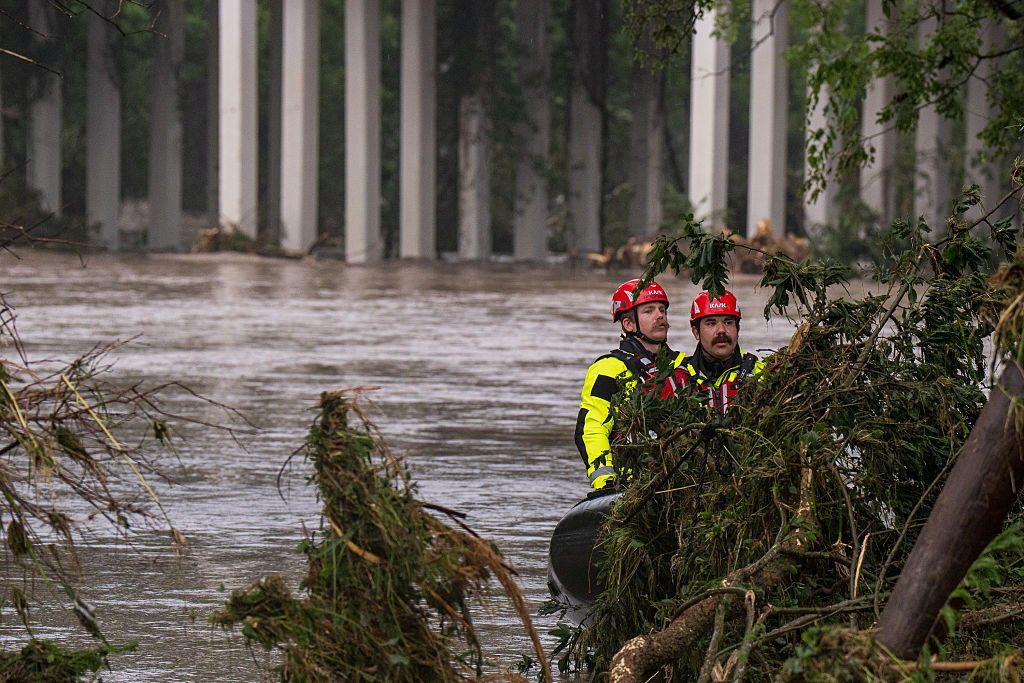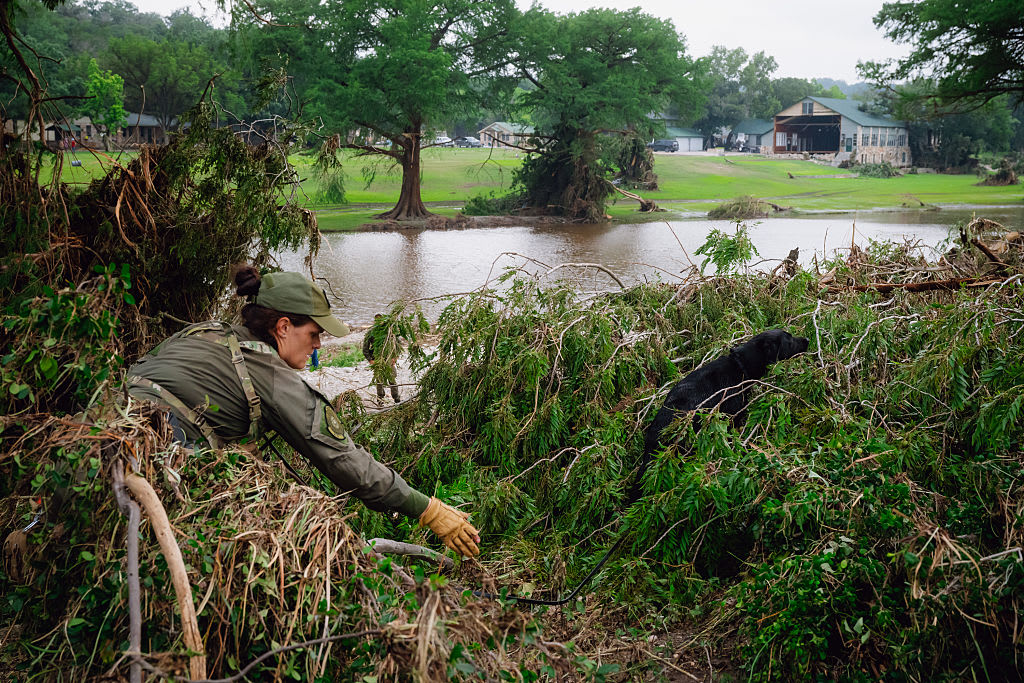Cyclone in Mozambique: Death toll jumps after 2nd huge storm in 6 weeks, and rain still falling
Rains from Cyclone Kenneth, the second tropical storm to hit Mozambique in just six weeks, continued to pound the country's northeast on Monday causing massive flooding and destruction as the death toll from the storm jumped. Mozambique's National Institute for Disaster Management said the death toll from the storm that slammed into the country at the end of last week had risen to 38.
With the floodwaters still rising and more torrential rain forecast for the days ahead, the disaster agency said an estimated 168,000 people were at risk.
The new figures were announced as the ongoing heavy rains hampered efforts to deliver food and shelter to badly hit communities.
The heavy rains caused deadly mudslides in Pemba, the region's main city. Residents of one poor neighborhood dug for bodies on Monday after two houses were crushed by the collapse of a sprawling dumpsite overnight, resident Manuel Joachim said.
A woman's body had been found, he said. Later, the searchers discovered two hands protruding from the mud and debris. They tied a rope to one of the hands to try and pull out the body, but the rain started pouring again. Five people in all were thought to be buried there, Joachim said.
Kenneth roared into northern Mozambique on Thursday, just weeks after Cyclone Idai struck the central part of the country. Flooding caused most of the more than 600 deaths that followed that storm.
On Monday, aid workers said they had an "awful sense of deja vu" as the flood waters from Kenneth inched upward.
The government described the situation as "critical," as the storm had already cut off parts of Cabo Delgado province by road.
The towns of Ibo, Macomia and Quissanga were badly flooded and many buildings and homes destroyed. Access to those population centers was impossible by land and the torrential downpour was making air contact difficult, too.
After Idai, it was flooding and the heavily damaged infrastructure that made safe drinking water scarce and helped waterborne diseases like cholera spread.
The fear is that another vast portion of the country could soon be dealing with a very similar catastrophe, even as the efforts to help people recover from Idai continue.
